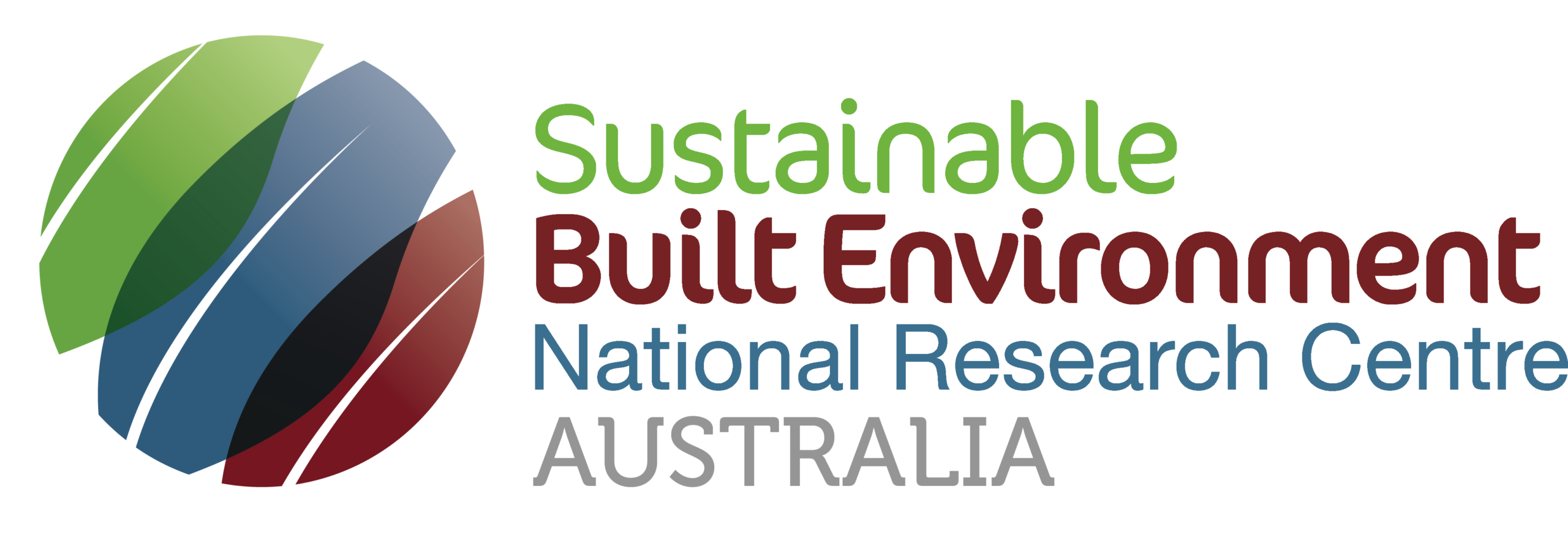
2.2 Offsite Fabrication and Links to Product and Process Innovation

Project Number
2.2Round
Round 1Date
September 2011 - December 2013Research Team

Project Leader
Professor Russell Kenley
BBldg(QS)(Hons) PhD MAIB AAIQS
Swinburne University of Technology
rkenley@swin.edu.au
Documents for Downloading
Last Updated: 2024-08-06 14:44:42
The goal of this project is to find ways to improve supply chain confidence in off-site manufacturing (OSM) and its associated technologies, and to develop better supply-chain processes to support increased technological adoption for OSM.
This project will tackle three complementary issues:
- Client Confidence: Australian industry indicates a lack of confidence in the promise of OSM solutions. To improve this confidence, this project will identify and track intervention points that ensure work-flows can deliver real resource savings. Creating project evaluation benchmarks will provide on-going methods to support OSM sustainable practice.
- Project Knowledge: Industry claims the principle requirement of an integrated OSM project is for everybody to be ‘talking the same language’. Thus a focus on communication issues to define OSM tasks will assist in identifying decision-making processes to model a common OSM project language. This language model can frame knowledge management and knowledge transfer processes such as procurement and statutory approvals to deliver accurate documentation.
- Supply-Chain Processes: Supply chains are ‘only as good’ as their individual processes. This project will verify knowledge management systems for OSM task and supply flows through a series of identified process interventions. Thus value will be created through knowledge transfer using a common language by projects being able to utilise intervention checklists for real-time OSM learning.
Project partners Queensland Departments of Public Works and Western Australian Department of Treasury and Finance have used OSM as a component of individual projects. However, the up-take of OSM has been limited. They are working with Swinburne University of Technology and Queensland University of Technology to increase client confidence in having OSM as a principle infrastructure project component; assist with connectivity of project knowledge for integrated OSM projects; and identify supply-chain processes for increased OSM productivity interventions and value creation.
Project Outcomes
- Phase 1 Client Confidence outcomes will identify ways to improve confidence in the uptake of OSM for infrastructure projects through OSM project benchmarks to support increased confidence with manufactured products.
- Phase 2 Project Knowledge outcomes will develop a common lan- guage to frame knowledge management and knowledge transfer processes such as procurement and statutory approvals. Models of information flows will provide frameworks for communication to support an integrated approach to infrastructure projects.
- Phase 3 Supply Chain Processes outcomes will identify and map process interventions to ensure accurate knowledge transfer in all process management systems. Project outcomes will develop intervention checklists for real-time OSM learning while processing multi-level supply chain tasks.











